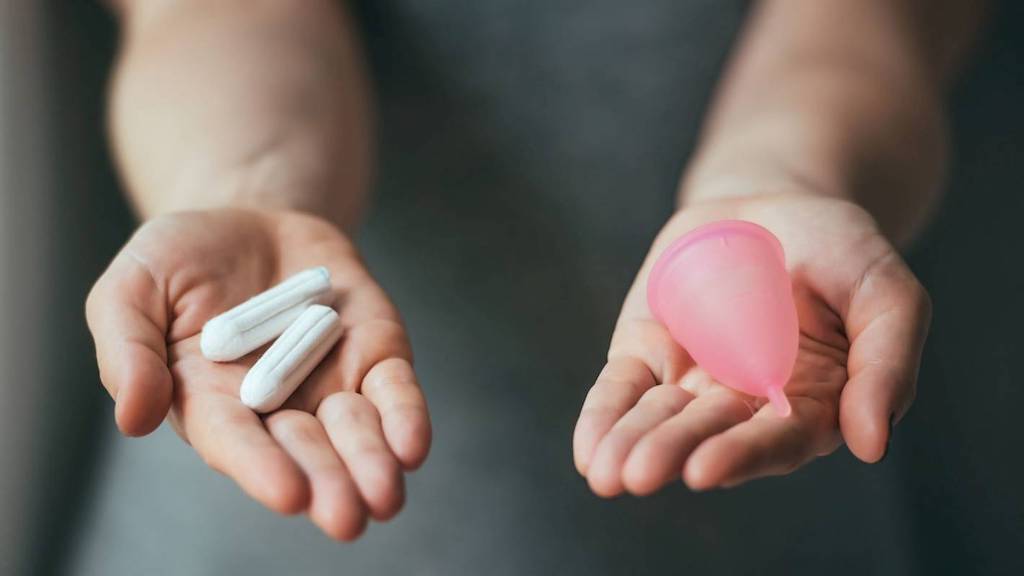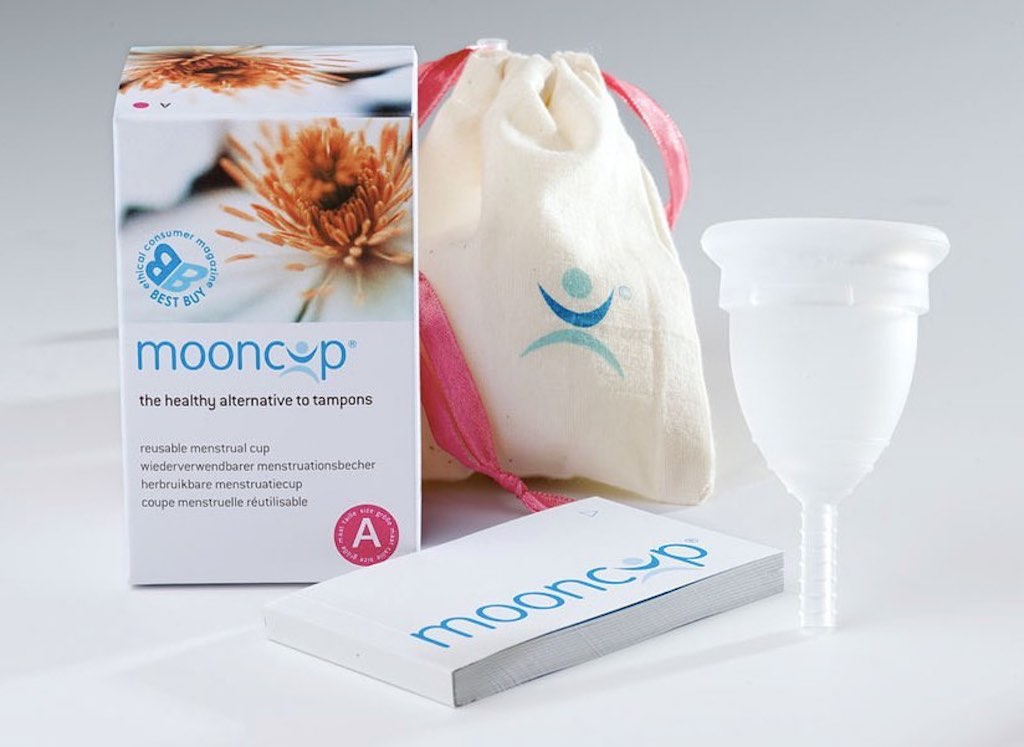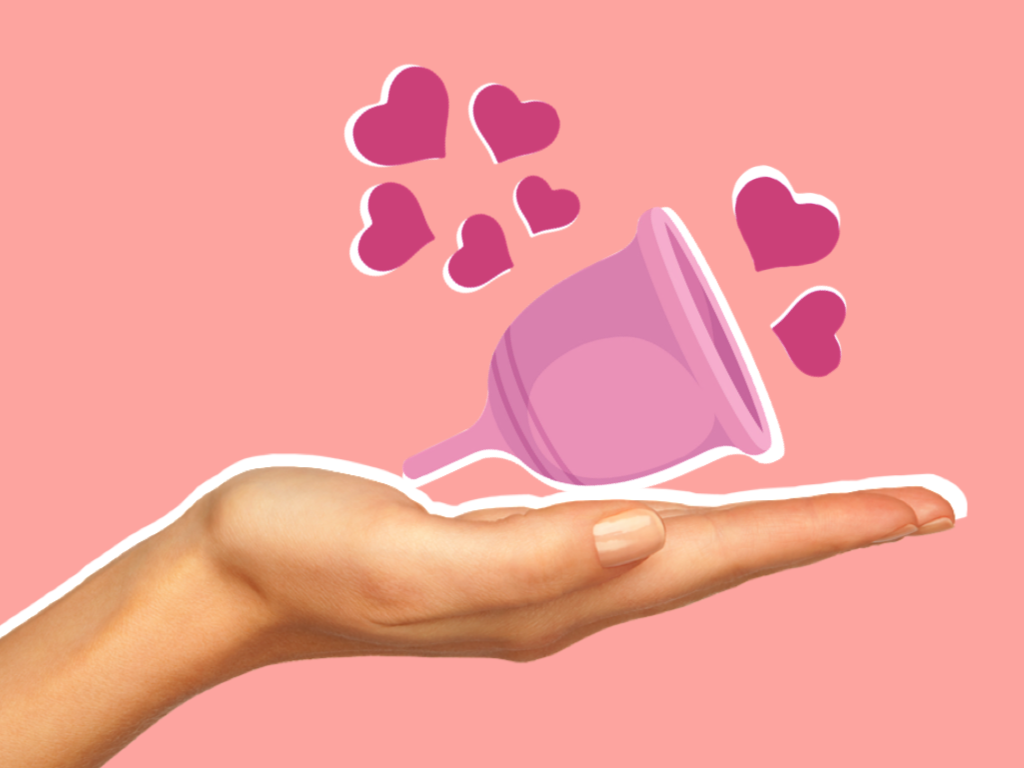5 Mins Read
Menstrual cups, a sustainable reusable alternative to conventional single-use feminine hygiene products such as tampons and pads, have recently come under fire due to misleading headlines claiming that they are unsafe. While a handful of women have had a negative experience using the menstrual cup, the BBC and Independent reported these stories earlier this month with a confusing headline that would easily discourage women from deciding to use the more sustainable (and arguably more hygienic) alternative, despite reassuring medical advice that proper use of menstrual cups are a safe option.
Menstrual cups are typically made out of silicone, are reusable and can last up to 10 years. They recently have grown in popularity as a more eco-friendly alternative to disposable pads and tampons on the market, as consumers wake up to the waste associated with conventional sanitary products.
However, a recent headline from the BBC has led to greater wariness over the safety of the menstrual cup, despite proven scientific research suggesting otherwise. The report documented the claims of one woman who told the station’s Victoria Derbyshire programme that she believed menstrual cups were the reason why she experienced minor organ prolapse, but the misleading title suggested that menstrual cup misuse could “cause pelvic organ prolapse”.
Pelvic organ prolapse occurs when the muscles supporting the pelvic organs – the pelvic floor – becomes weakened and can no longer properly hold organs in place. It may cause one or more of the pelvic organs to drop below the normal position. Pelvic organ prolapse is an after-effect of pregnancy and childbirth, for example. In most cases, symptoms improve with pelvic floor exercises and lifestyle changes, though in serious cases, medical treatment may be necessary.

The station reached out to the Chartered Society of Physiotherapy (CSP), who issued a statement that menstrual cups ought to be regulated in Europe. Calling for greater scrutiny over menstrual products due to the claims of some women who have negative experiences with the product, CSP stopped short of making sweeping generalisations about whether menstrual cups had any causal link to pelvic organ prolapse, or whether every menstrual product was unsafe. Instead, the body called for better information and instructions to be available for users.
While BBC’s sensationalist headline – which later inspired a similar article from the Independent – incited fear over the side effects of the menstrual cup, the article itself acknowledged that “the vast majority of women do not encounter any problems.”
In a 2019 review study published in the Lancet journal, the authors concluded that menstrual cups are a “safe option for menstruation and are being used internationally”. In the United States, the FDA classifies menstrual products as approved medical devices, and has been overseeing the commercial marketing of these products since the 1970s.
Speaking to NPR about the review in an interview last year, senior author Penelope Phillips-Howard of the Liverpool School of Tropical Medicine said: “People say that they are not safe, they are taboo, that women aren’t going to use it because it’s invasive and not culturally accepted. We are able to put to rest some of those concerns.”
Mooncup, the world’s first reusable silicone menstrual cup brand based in the United Kingdom, responded to the reports in a statement that reiterated the safety of their menstrual cup product when used properly, and that the “prevailing feedback we receive is about the positive impact that the Mooncup is having – from its eco-friendly and money-saving benefits to greater comfort and convenience.”
The company acknowledged that though their Mooncup product comes with comprehensive instructions for use, some other brands may not offer the same standard and therefore agreed with the CSP that all sanitary products should comply with industry safety-tests and rules to offer consumer instructions.
Founder & CEO of Asia-based fem-tech startup LUÜNA Naturals Olivia Cotes-James shared her disappointment with the extreme headlines: “It is essential, with something as intimate and health-related as period care choices, that information be presented clearly and supported with facts. There is no place for scare-mongering headlines which feed into pre-existing menstrual stigma and the fears they evoke in women.”

LUÜNA Naturals offers organic tampons and pads as well as menstrual cups and is on a mission to educate women in Asia about safe and sustainable feminine care. “Educating women to safely use cups is our absolute priority and as such, we have worked with doctors and gynecologists to develop information that ensures this. Very disappointing reporting,” added Cotes-James.
While publishing catchy news headlines may garner publicity and attention, there are serious consequences of tabloid-like claims to discourage the use of an eco-friendly product that is generally understood by scientists to be safe. According to the Women’s Environmental Network (WEN), with most women going through around 11,000 disposable menstrual products over a lifetime, single-use menstrual products amount to over 200,000 tonnes of waste in landfills each year.
In addition to contributing to the global waste crisis, mainstream disposable sanitary products tend to be loaded with plastics, irritants and toxins, which can cause harmful allergic reactions and have been associated with a number of potentially chronic adverse health problems.
Lead image courtesy of PNG Fuel / Free Vector Images & compiled by Green Queen Media.




